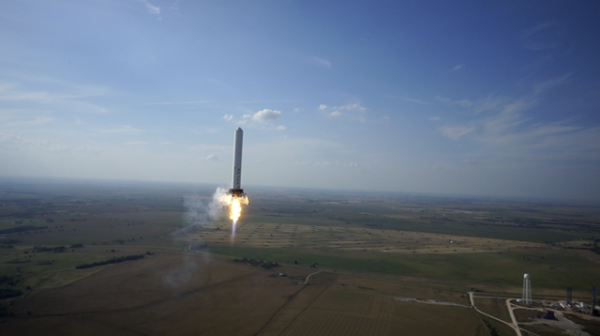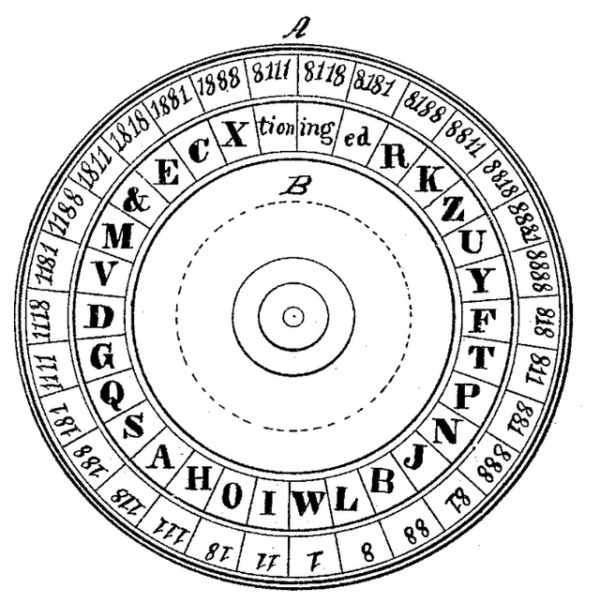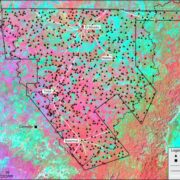
A British academic is claiming that astronomers may be on the verge of announcing one of the most significant discoveries in human history—evidence of extraterrestrial intelligence. Professor Simon Holland, a science filmmaker who has worked on NASA-funded projects, told The Mirror that two competing teams of astronomers are racing to be the first to confirm and publish the discovery of an extraterrestrial civilization.
“We have found a non-human extraterrestrial intelligence in our galaxy, and people don’t know about it yet,” Holland revealed to The Mirror. According to him, he received this groundbreaking information from a source within Mark Zuckerberg’s Breakthrough Listen project, a privately funded initiative dedicated to finding evidence of life beyond Earth.
The discovery centers around a mysterious radio signal known as BLC-1 (Breakthrough Listen Candidate 1), which was detected a few years ago using the Parkes Telescope in Australia. Holland claims that the astronomers involved, who are based in Oxford, have identified this signal as a possible “technological signature,” meaning it could originate from an advanced civilization. However, more data is needed before any official announcement can be made, with Holland estimating that it could happen within the next month, possibly coinciding with the U.S. election.
But it’s not just the Oxford-based team that may be poised to break the news. Holland explained that a Chinese team working with the FAST (Five-hundred-meter Aperture Spherical Telescope), the largest telescope in the world, could beat them to the announcement. Both groups are said to be aware of the coordinates of BLC-1 and are working intensively to confirm their findings.
BLC-1 was initially detected at a frequency of 982 MHz, emanating from a region near Proxima Centauri, a star about 4.2 light-years from Earth. Holland emphasized that the signal is a “single-point source,” which makes it distinct from the background noise typically picked up by radio telescopes. He noted that it’s a narrow electromagnetic spectrum, unlike the broad-band signals usually associated with natural cosmic phenomena.
Holland compared this potential discovery to earlier tantalizing moments in the search for extraterrestrial life, such as the discovery of pulsars, which were once thought to be alien signals, and the famous “Wow!” signal from 1977, which remains unexplained. However, he believes BLC-1 is far more promising.
While astronomers are proceeding with extreme caution to verify the signal’s origin, Holland is confident that we are on the brink of confirming the existence of an alien civilization. Whether the breakthrough will come from the Oxford or Chinese team, he says, “It could happen any time in the next month.” If confirmed, this discovery would forever change our understanding of our place in the universe.









